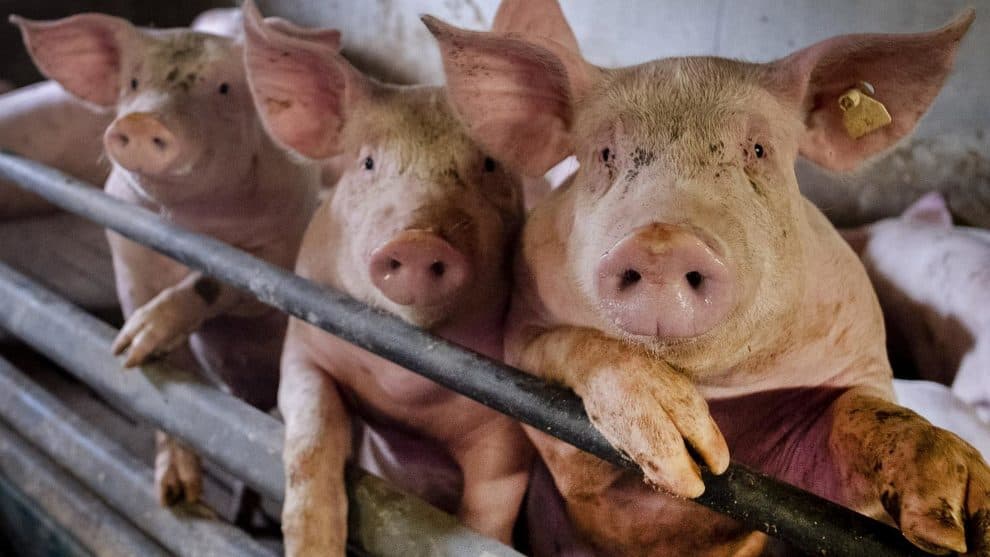Danish scientists discovered evidence that pigs can transmit the dangerous antibiotic-resistant superbug Clostridioides difficile to humans.
Across 14 Danish pig farms, a team from the University of Copenhagen and Statens Serum Institut discovered samples of the superbug C.difficile more frequently in piglets and sows than in slaughter pigs.
According to the researchers, the difference could be due to the younger pigs having a microbiota composition that makes them more susceptible to successful colonisation.
“Our finding of multiple and shared resistance genes indicate that C. difficile is a reservoir of antimicrobial resistance genes that can be exchanged between animals and humans,” said Dr. Semeh Bejaoui from the varsity.
“This alarming discovery suggests that resistance to antibiotics can spread more widely than previously thought, and confirms links in the resistance chain leading from farm animals to humans,” Bejaoui added.
The research was presented at the European Congress of Clinical Microbiology and Infectious Diseases (ECCMID) in Portugal this year. The team compared clinical isolates from Danish hospital patients to the prevalence of C. difficile strains in livestock (pigs) and the potential for zoonotic spread of antimicrobial resistance genes in the study.
Between 2020 and 2021, 514 pigs’ faeces were collected in two batches from farms across Denmark. In 2020, Batch A contained 330 samples from sows, piglets, and slaughter pigs from fourteen farms. Batch B’s 184 samples were collected during slaughter in 2021.
In total, thirteen sequence types found in animals matched those found in stool samples from patients. The most common strain was ST11, an animal-associated strain. ST11 strains in humans and animals were identical in sixteen cases.
All animal isolates tested positive for toxin genes, and ten of them were also hypervirulent, meaning they could cause even more disease.
In total, 38 animal isolates contained at least one resistance gene, and resistance was predicted for seven classes of antibiotics, the most common of which were macrolides, beta-lactams, aminoglicosides, and vancomycin – all of which are important in the treatment of severe bacterial infections.
The team blamed antibiotic overuse in human medicine and as cheap farm production tools for hampering efforts to cure bacterial infections.
“Of particular concern is the large reservoir of genes conferring resistance to aminoglycosides, a class of antibiotics to which C. difficile is intrinsically resistant — they are not needed for resistance in this species. C. difficile thus plays a role in spreading these genes to other susceptible species,” Bejaoui said.
